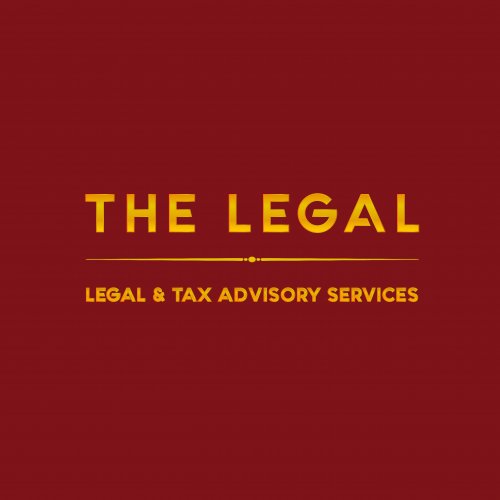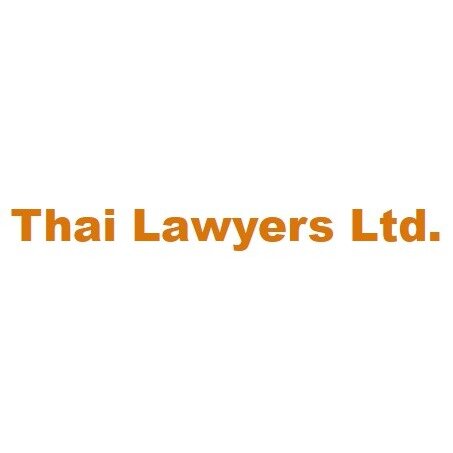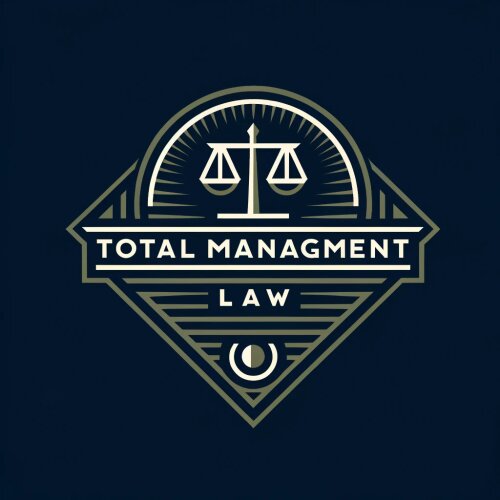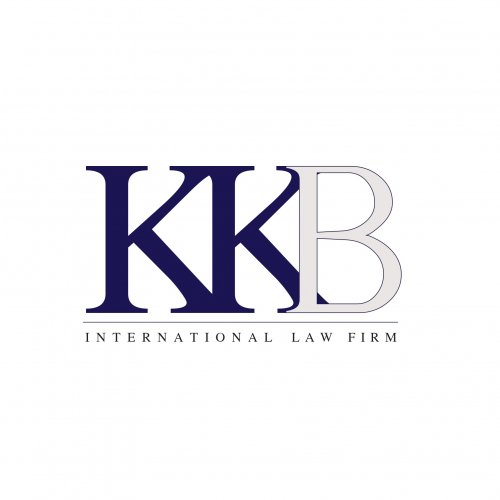Best Job Discrimination Lawyers in Bangkok
Share your needs with us, get contacted by law firms.
Free. Takes 2 min.
List of the best lawyers in Bangkok, Thailand
About Job Discrimination Law in Bangkok, Thailand
Job discrimination in Bangkok, Thailand, is governed by various national laws designed to promote fair treatment in the workplace. Discriminatory practices based on race, sex, age, nationality, religion, or political beliefs are prohibited. Thai labor law emphasizes equality, ensuring that all employees are afforded the same opportunities and treatment without bias. While cultural nuances exist, Thailand is progressively aligning with international standards on workplace discrimination, offering legal frameworks for recourse and redress.
Why You May Need a Lawyer
Seeking legal assistance can be crucial in several job discrimination scenarios. If you experience unfair termination, unequal pay, harassment, wrongful workplace relocation, or any biased treatment based on personal characteristics, a lawyer can help navigate the complexities of these claims. Legal professionals can better interpret the nuanced laws, represent you in legal proceedings, and provide a confidential space to discuss sensitive workplace issues. Moreover, they can guide you through filing complaints and securing evidence, ensuring your rights are upheld.
Local Laws Overview
Thailand's Labor Protection Act and other labor laws address various aspects of job discrimination. Key provisions include:
- Prohibition of gender discrimination in hiring and employment conditions.
- Equal work for equal pay mandates ensuring women receive the same wages as men for equivalent roles.
- Protection against unfair dismissal, especially if it is connected to race, gender, or disability.
- Laws against workplace harassment, emphasizing a safe work environment for all employees.
- Statutory minimum wage requirements to prevent economic discrimination based on nationality or other factors.
Understanding and navigating these laws might require legal assistance to ensure proper application to individual circumstances.
Frequently Asked Questions
What constitutes job discrimination in Bangkok?
Job discrimination occurs when an employee is treated unfairly due to characteristics like race, sex, age, religion, or nationality, impacting their employment rights.
Can I file a discrimination claim if I am a foreign worker in Bangkok?
Yes, foreign workers are entitled to the same legal protections against job discrimination as Thai nationals under Thai law.
How do I prove job discrimination legally?
Documentation, witness statements, and demonstrating differential treatment based on protected characteristics are crucial for substantiating claims of discrimination.
What should I do if I face workplace harassment?
Document incidents meticulously, report them to your employer, and seek legal advice to understand your rights and options for action.
Can I be dismissed for lodging a discrimination complaint?
No, retaliatory dismissal is unlawful. You are protected under Thai law for taking lawful actions to report discrimination.
How long do I have to file a discrimination complaint?
Timelines can vary. It's crucial to consult with a lawyer quickly to ensure your case is filed within statutory limits.
Are there any special considerations for employees with disabilities?
Yes, employers are expected to make reasonable accommodations for employees with disabilities, and discrimination based on disability is prohibited.
Is it legal for Thai employers to have different pay rates for local and foreign employees?
Disparities in pay should not be based on nationality but on objective factors like experience or qualifications relevant to job performance.
Can religious practices be used as grounds for workplace discrimination?
No, Thai law prohibits discrimination based on religion, ensuring freedom in religious practices within reasonable accommodation at work.
What is the first step in pursuing a job discrimination case?
Gather as much evidence as possible and consult a legal professional to evaluate your situation and guide the process of filing a formal complaint.
Additional Resources
Several resources and organizations can assist individuals facing job discrimination in Bangkok:
- Department of Labor Protection and Welfare: Offers guidance and enforcement of labor standards.
- Office of Women's Affairs and Family Development: Supports gender equality in workplaces.
- NGOs like the Bangkok Legal Clinic: Provide advice and representation in labor disputes.
Next Steps
If you believe you are a victim of job discrimination, consider the following steps:
- Document all relevant incidents and gather any supporting evidence.
- Seek internal resolution through your company's human resources or compliance department.
- Consult with a labor lawyer in Bangkok to explore your legal options.
- File a formal complaint with the Department of Labor Protection and Welfare if necessary.
- Stay informed about your rights and seek support from relevant advocacy groups.
The journey to resolve job discrimination can be complex, but knowing your rights and seeking expert legal advice can provide a clearer path to justice and fair treatment in the workplace.
Lawzana helps you find the best lawyers and law firms in Bangkok through a curated and pre-screened list of qualified legal professionals. Our platform offers rankings and detailed profiles of attorneys and law firms, allowing you to compare based on practice areas, including Job Discrimination, experience, and client feedback.
Each profile includes a description of the firm's areas of practice, client reviews, team members and partners, year of establishment, spoken languages, office locations, contact information, social media presence, and any published articles or resources. Most firms on our platform speak English and are experienced in both local and international legal matters.
Get a quote from top-rated law firms in Bangkok, Thailand — quickly, securely, and without unnecessary hassle.
Disclaimer:
The information provided on this page is for general informational purposes only and does not constitute legal advice. While we strive to ensure the accuracy and relevance of the content, legal information may change over time, and interpretations of the law can vary. You should always consult with a qualified legal professional for advice specific to your situation.
We disclaim all liability for actions taken or not taken based on the content of this page. If you believe any information is incorrect or outdated, please contact us, and we will review and update it where appropriate.

















